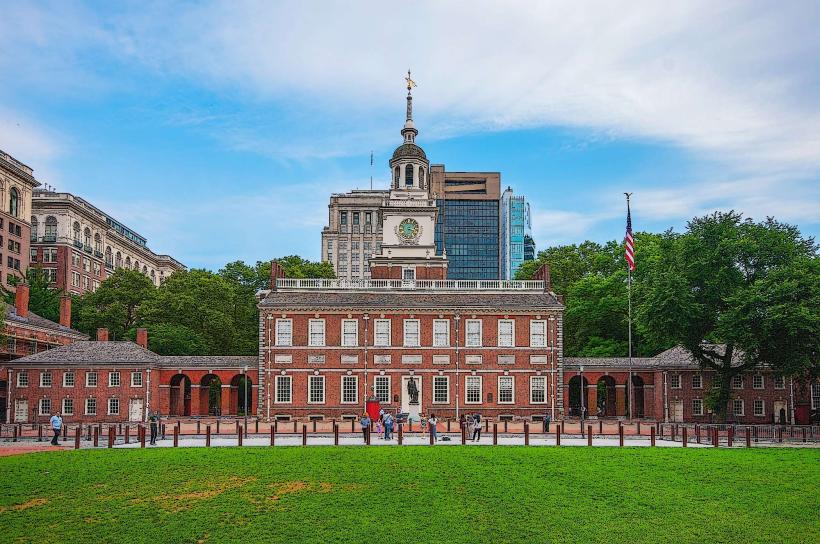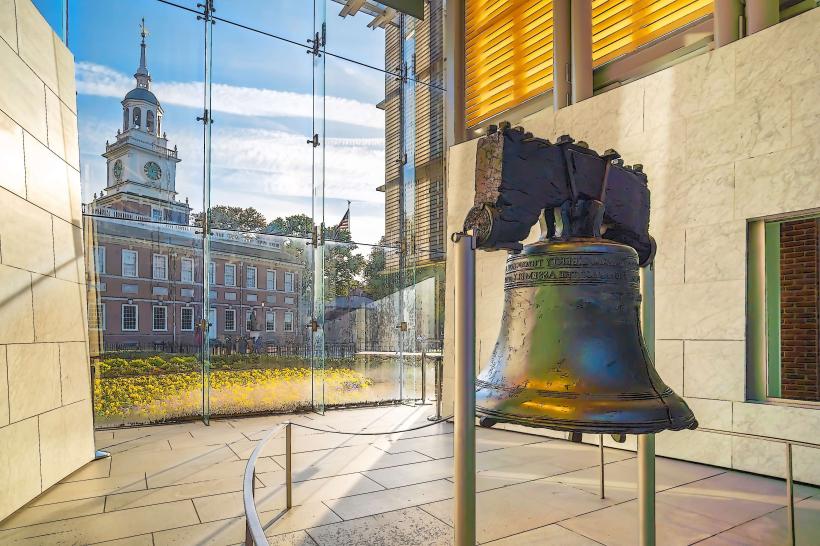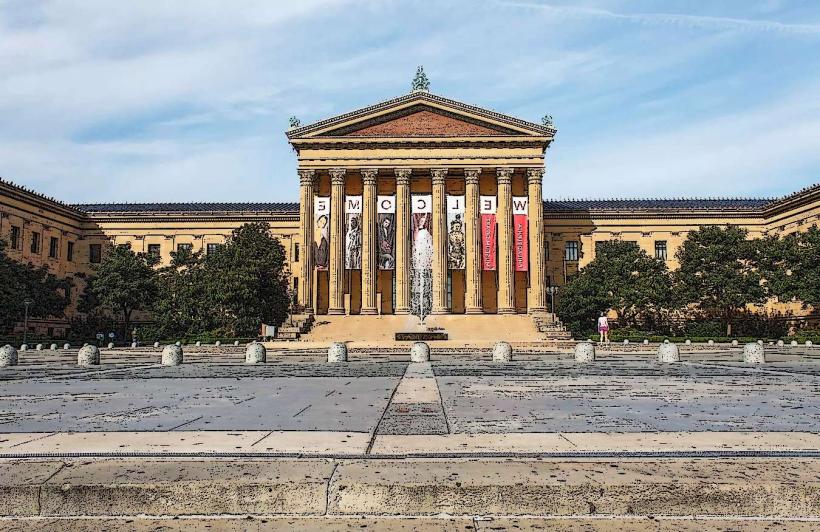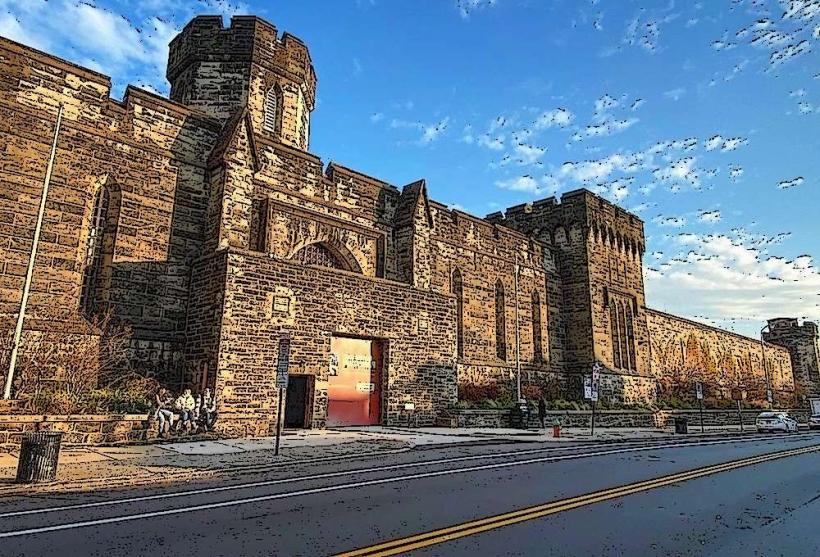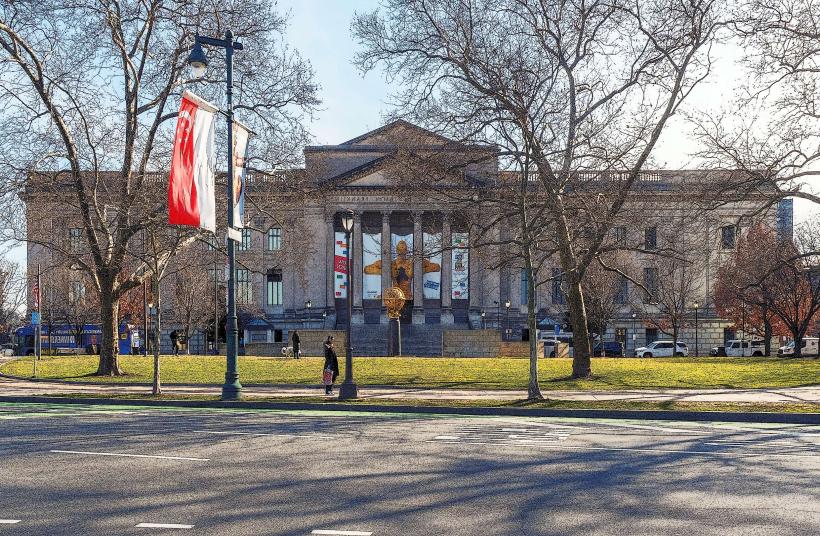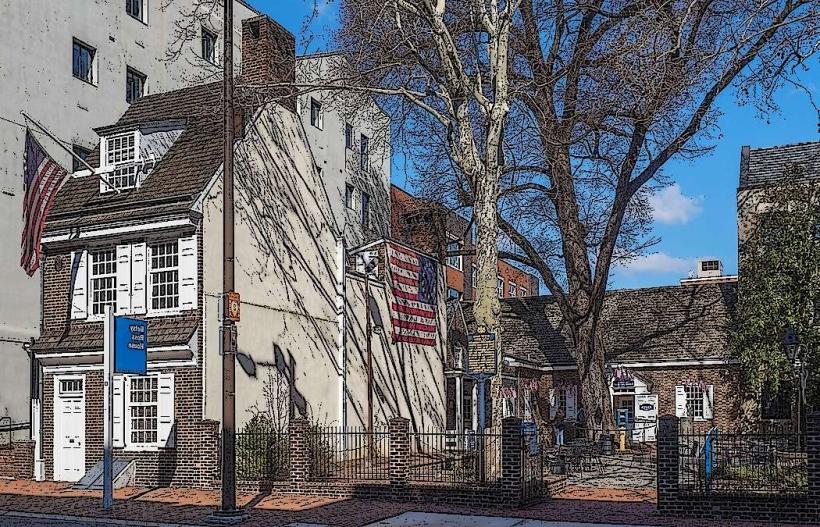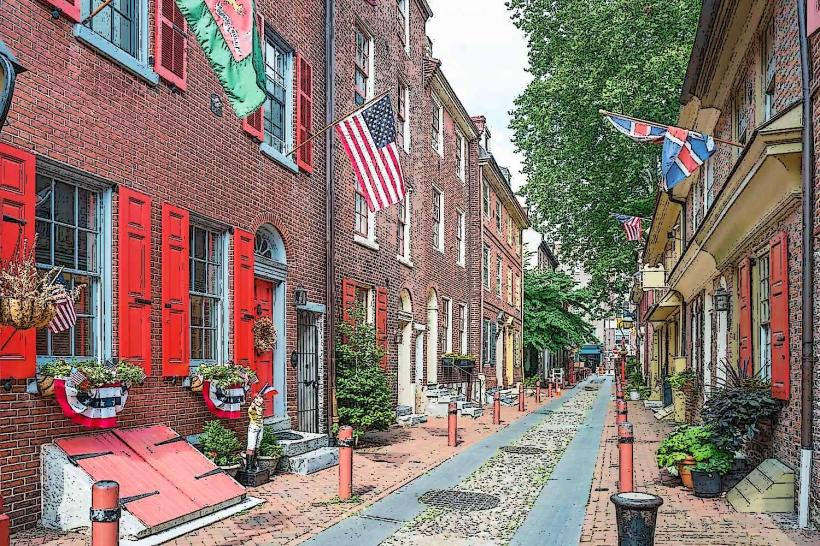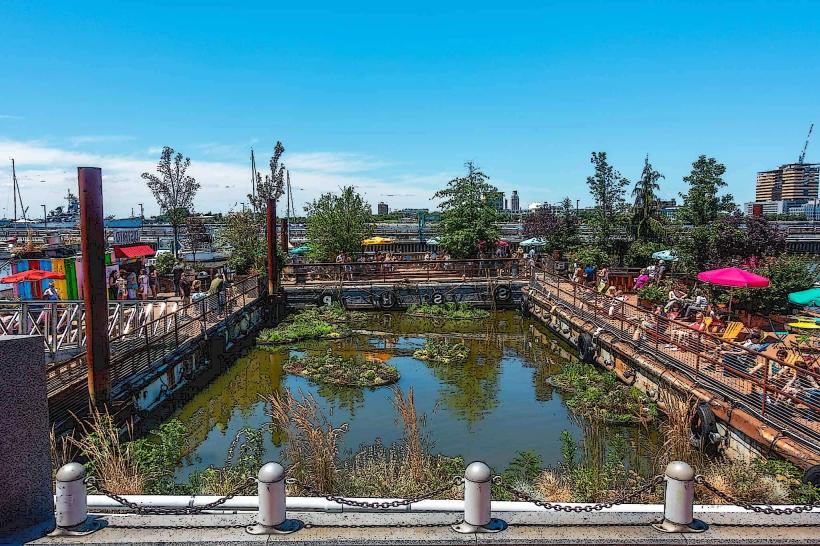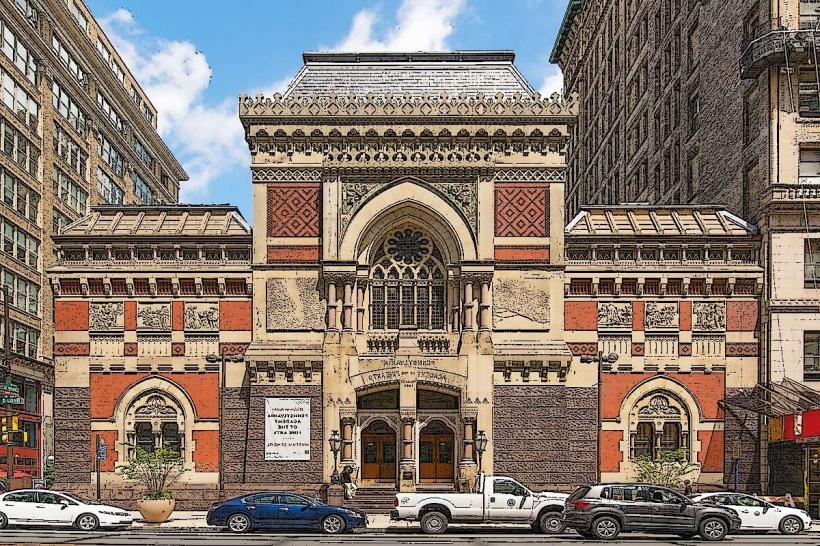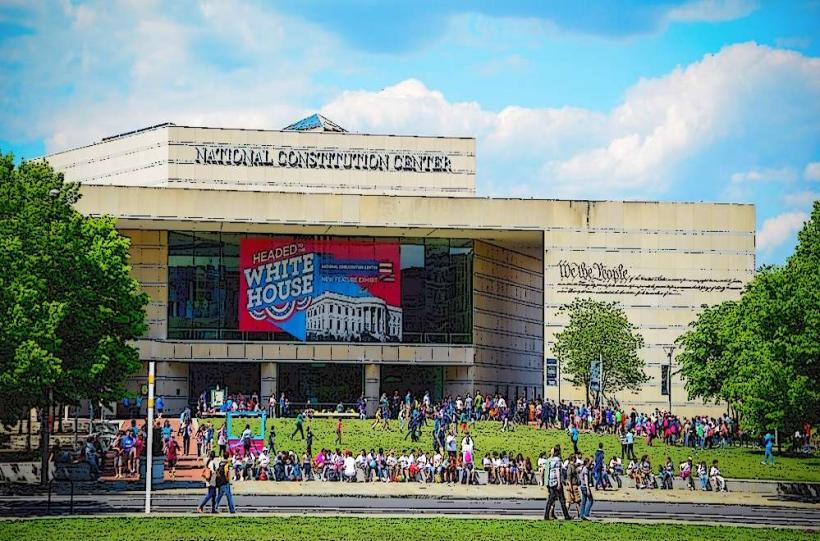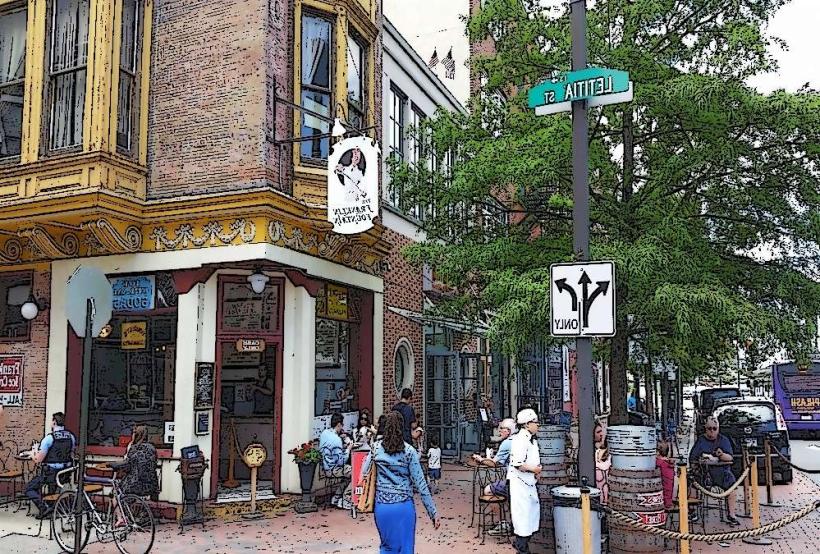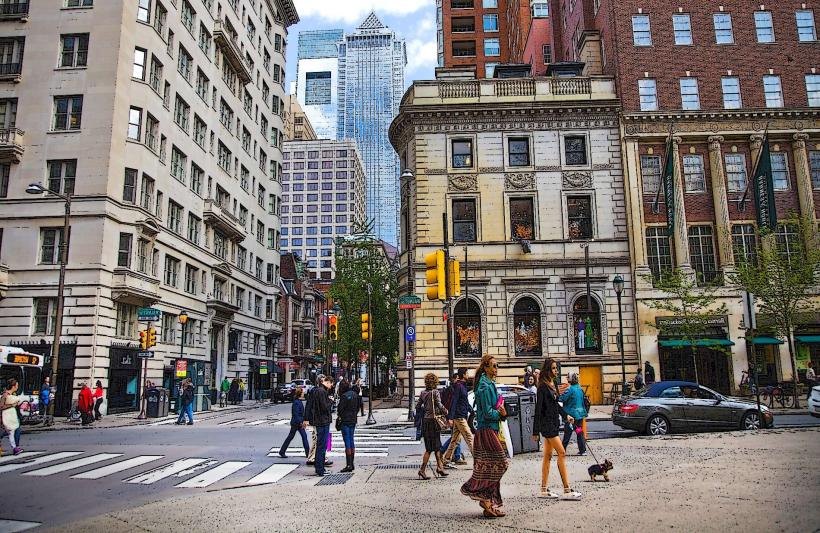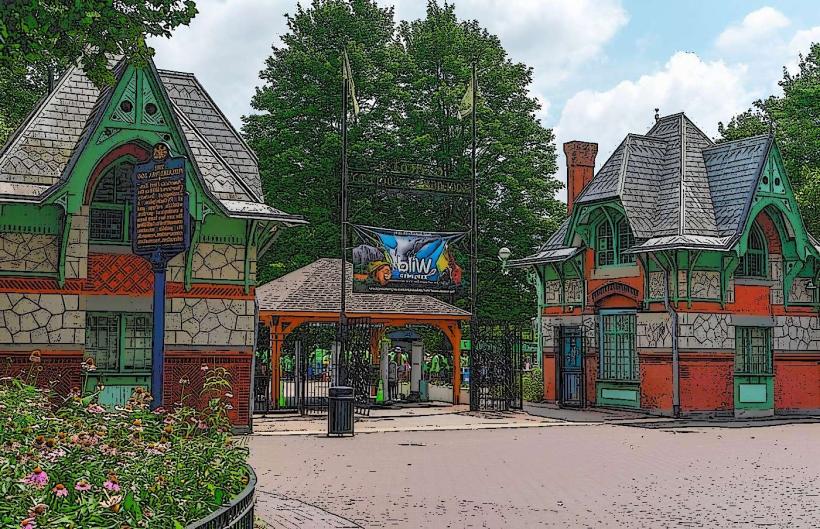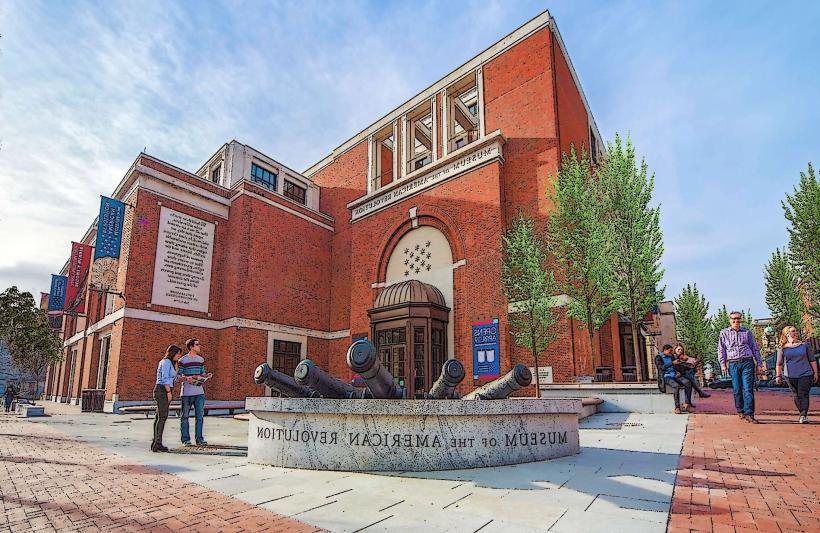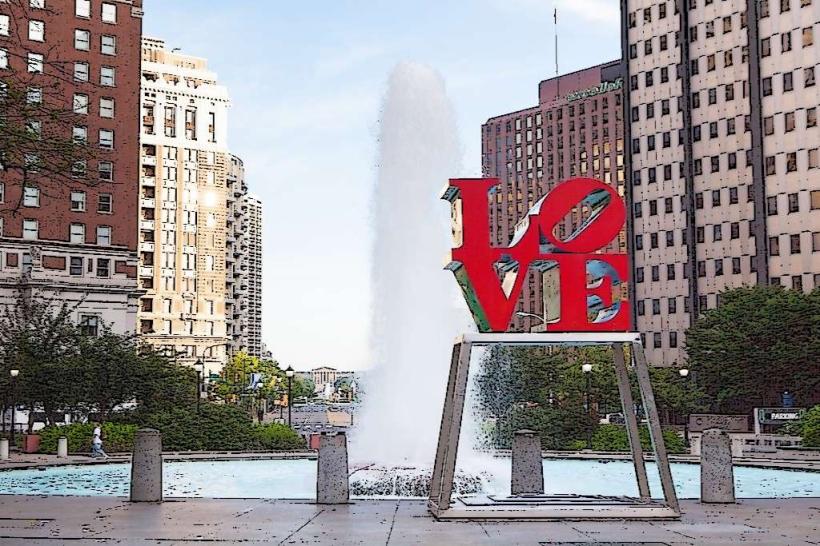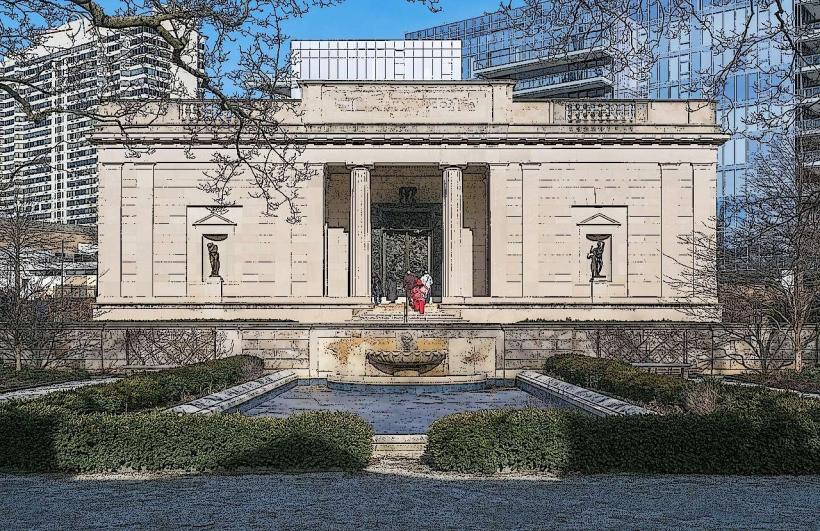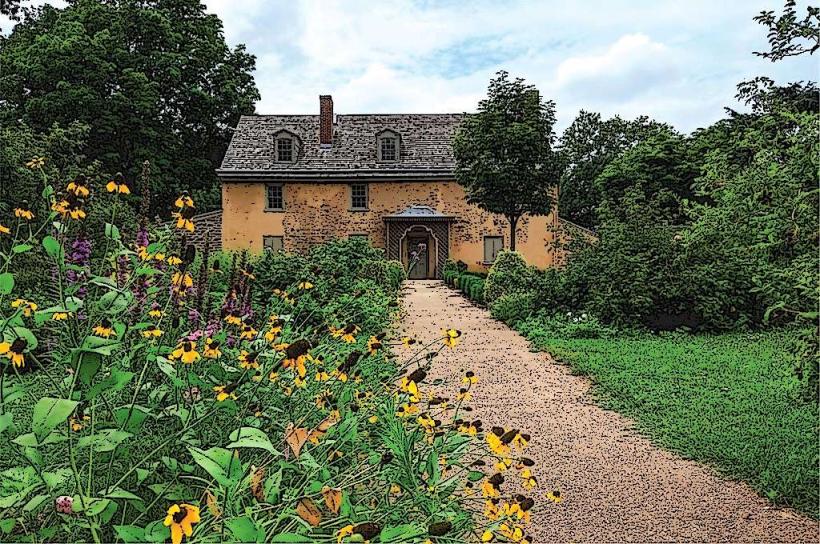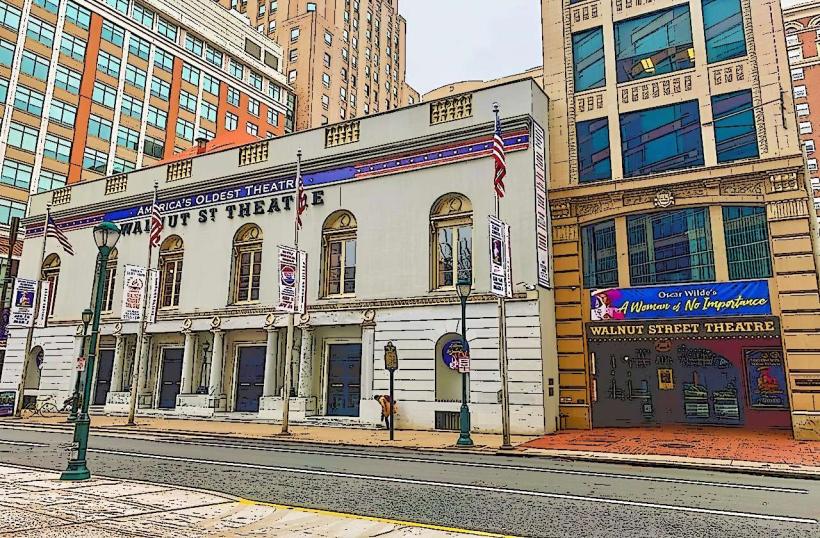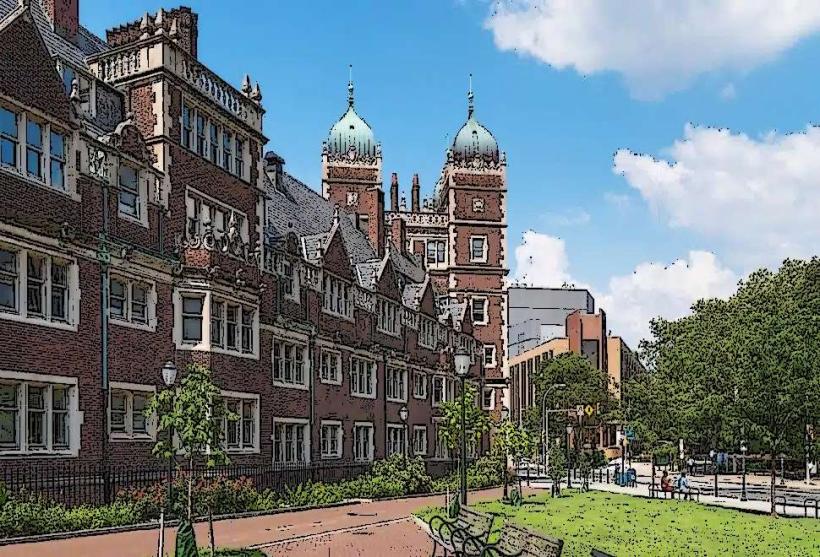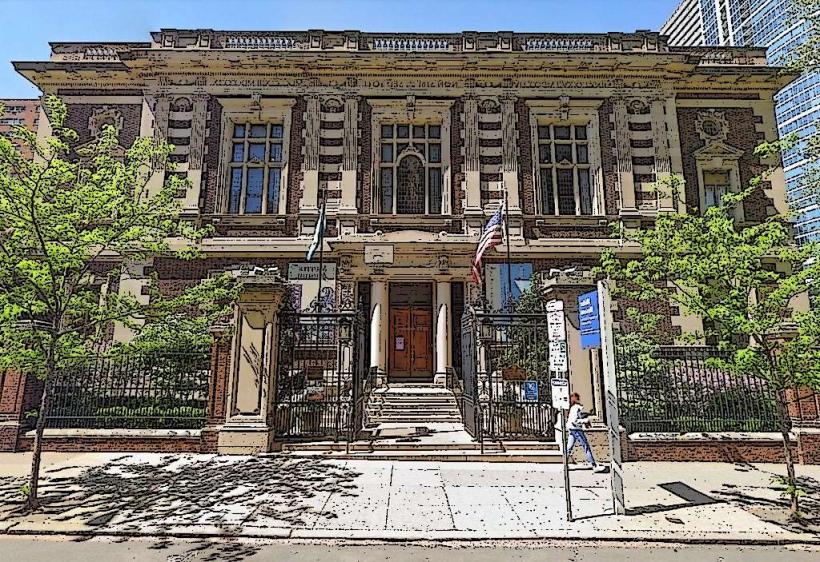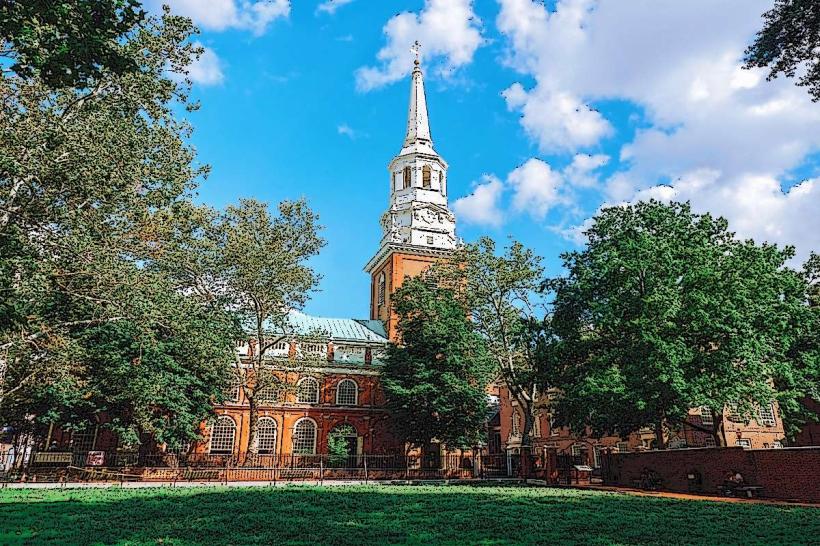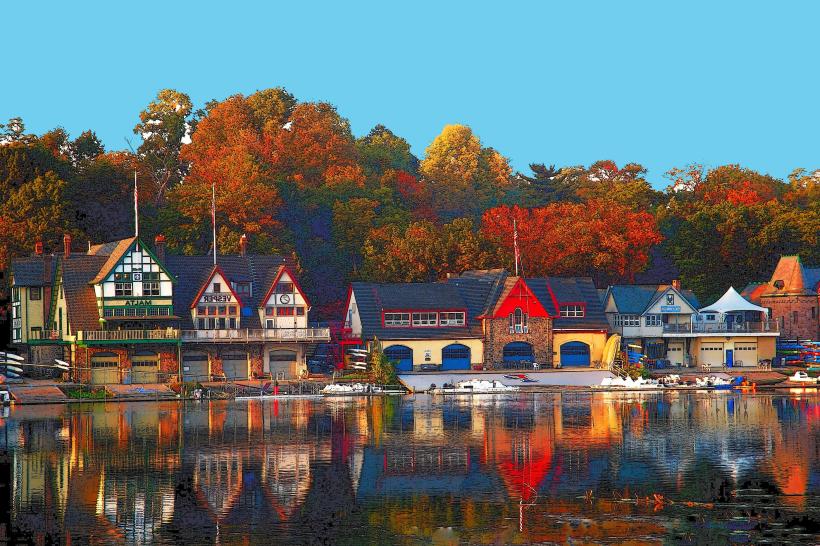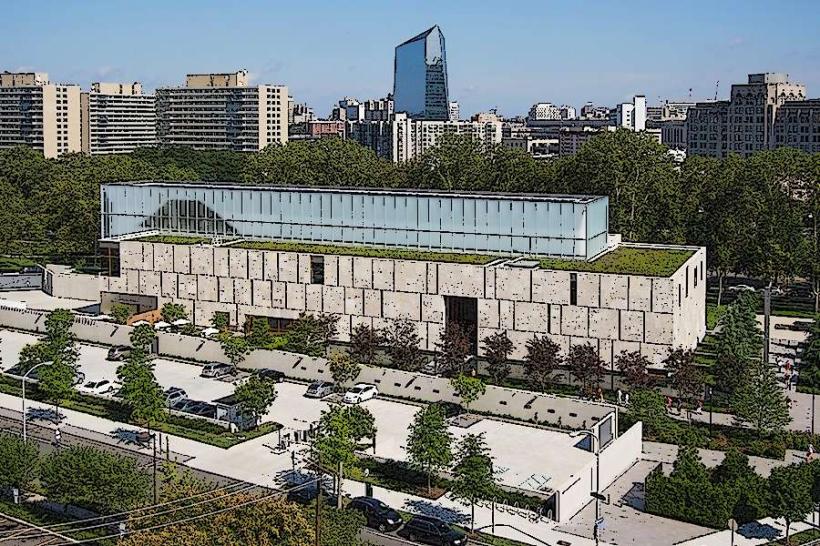Information
Landmark: Fairmount ParkCity: Philadelphia
Country: USA Pennsylvania
Continent: North America
Fairmount Park, Philadelphia, USA Pennsylvania, North America
Fairmount Park is a large urban park located in Philadelphia, Pennsylvania, USA. It is one of the largest municipal park systems in the United States.
Visual Characteristics
The park encompasses 2,049 acres and features a diverse landscape including wooded areas, rolling hills, open meadows, and the Schuylkill River. It contains numerous historic structures, sculptures, and gardens. The park's terrain varies from flat, open fields to steeper, wooded slopes along the riverbanks.
Location & Access Logistics
Fairmount Park is situated northwest of Philadelphia's Center City. Access is primarily via I-76 (Schuylkill Expressway) with multiple exits serving the park. Kelly Drive and Martin Luther King Drive provide scenic routes through the park. Public transportation options include SEPTA bus routes 48 and 32, which stop at various points within the park. Parking is available at designated lots, particularly near the Philadelphia Museum of Art and the Mann Center for the Performing Arts, though availability can be limited during peak events.
Historical & Ecological Origin
Established in 1867, Fairmount Park was conceived as a means to protect Philadelphia's water supply and provide public recreation space. Its origins trace back to the acquisition of land around the Schuylkill River. The park's development involved integrating existing natural features with planned landscaping and the preservation of historic estates. Ecologically, it represents a significant urban green space supporting diverse flora and fauna within a metropolitan area.
Key Highlights & Activities
Activities include walking, jogging, and cycling on the park's extensive trail system. Boating and kayaking are available on the Schuylkill River. The park is home to numerous attractions such as the Philadelphia Museum of Art, the Rodin Museum, the Shofuso Japanese House and Garden, and the Smith Memorial Playground. Guided tours of historic houses are offered seasonally. Birdwatching is a common activity in the wooded sections.
Infrastructure & Amenities
Restrooms are available at major attractions and visitor centers. Shaded areas are plentiful within the wooded sections and under mature trees. Cell phone signal (4G/5G) is generally available throughout most of the park, though it may be weaker in dense wooded areas. Food vendors are typically present near the Philadelphia Museum of Art and during special events at venues like the Mann Center.
Best Time to Visit
For photography, early morning or late afternoon light offers optimal conditions, particularly along the Schuylkill River. The best months for pleasant weather are April through October. Spring offers blooming gardens, while autumn provides fall foliage. No specific tide requirements affect park access.
Facts & Legends
A notable feature is the "Lemon Hill" mansion, which was once owned by Robert Morris, a financier of the American Revolution. The park's vastness has led to local lore about its unexplored sections, though it is thoroughly mapped and maintained.
Nearby Landmarks
- Philadelphia Museum of Art (0.2km West)
- Rodin Museum (0.8km Southwest)
- Boathouse Row (1.5km South)
- Eastern State Penitentiary (3.0km Southeast)
- The Barnes Foundation (3.5km Southwest)


